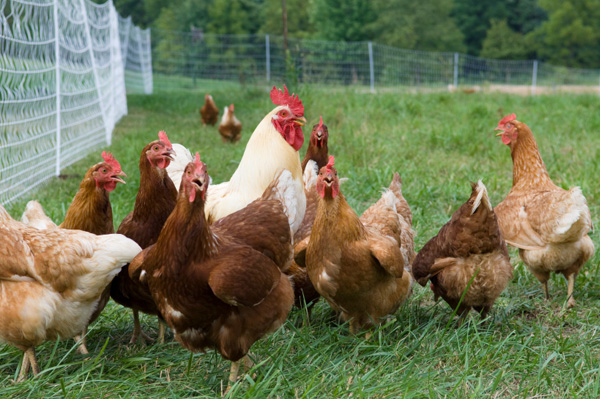Policy making has traditionally been based on fact-based decisions put forward by researchers. In animal welfare, that’s where the Campbell Centre for the Study of Animal Welfare at the University of Guelph comes in. The centre provides some of the information for policymakers to make decisions based on farm sense and research evidence. Some farmers object to policies that lead them to change the way they care for their livestock, but also realize research is key to the well-being of their operations.
Recently, citizens have demanded more say in the way food is produced, leading to some huge changes in housing and cage-free, open production. Researchers are also looking at livestock transportation and the challenges animals face. They also want to create best management practices for castration and dehorning to make them as humane as possible. But animal welfare issues are seldom simple; for example, some approaches to housing that make life more natural for livestock are not necessarily environmentally friendly, or best for the animal’s health. Raising livestock cost effectively on the limited and increasingly shrinking amount of farmland requires close quarters, and the demand from society for cheap food, humane production, and environmental sustainability can pose a challenge.
Researchers like Prof. Tina Widowski, chair of the Guelph centre, along with seven faculty and more than 50 graduate students are addressing these issues. They bring real-world experience to the quest, with some of them returning to university pursue an animal welfare specialty after gaining experience in the field. The next 25 years will be just as fascinating for the animal welfare sector, says Widowski. People will continue eating meat, but their animal welfare expectations will increase. Tall order? Yes indeed.


